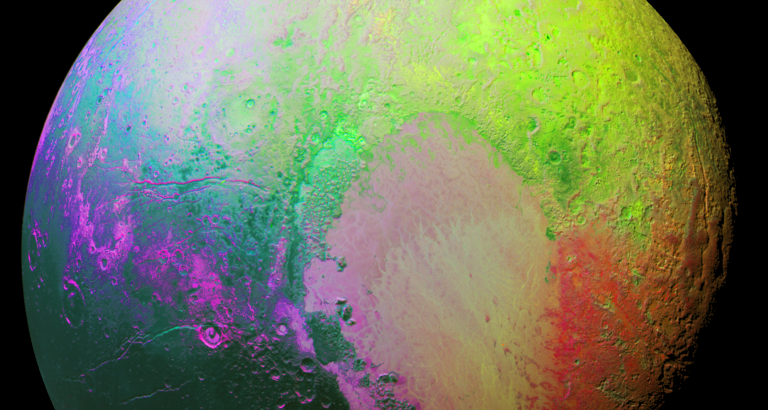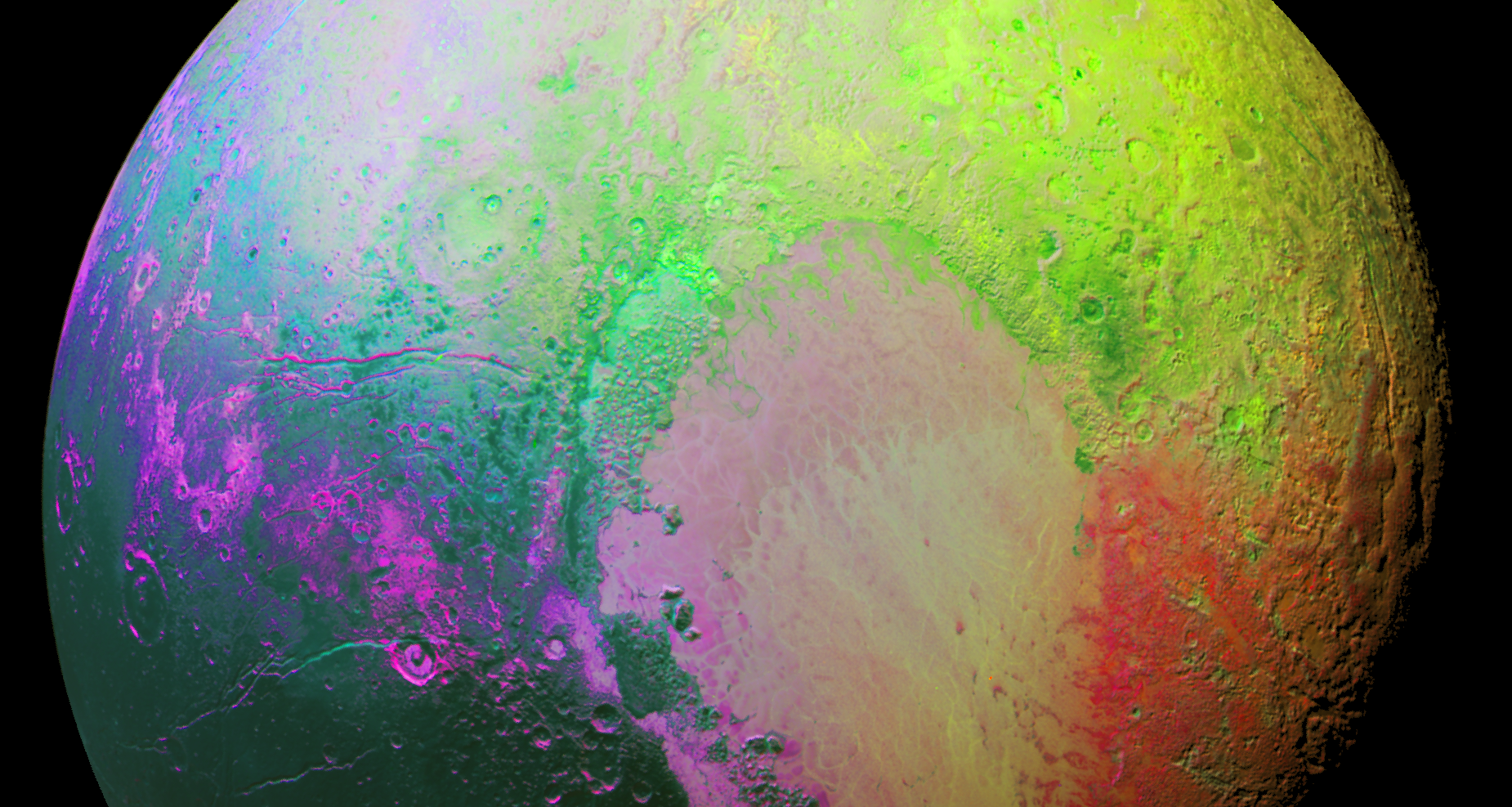 Blog
BlogPlanets and people
A great resource for workers in planetary science – and those seeking to boost diversity in science.
 Blog
BlogA great resource for workers in planetary science – and those seeking to boost diversity in science.

A great resource for workers in planetary science – and those seeking to boost diversity in science.
It's always a pleasure to attend scientific meetings bursting with announcements, discoveries and discussion – and the meetings of the American Astronomical Society are exemplars of the species. I always learn so much from the gifted speakers and the people who are open to discussion and debate, in the lecture halls and around the coffee urns. But a visit to the AAS is also an opportunity to tap into a wider international community of astronomers and find out about ideas and resources developed by that community. One such is the "Women in Planetary Science" website, a set of straightforward blog-based web pages covering all aspects of careers in this broad field. The emphasis is on the experiences of women in the field, with blog posts and discussion groups highlighting women at all stages of their careers.
There are also some very useful resources – a list of reports and articles about the demographics of the subject caught my eye, and I'll be checking in in future – and infomration to support career development, such as an overview of how NASA Review Panels work. And then there are the jobs posts, making the site a great place to check for your next career move. Above all, it is the varied expereinces of women working in the field that makes this a site to visit for inspiration and ideas, as well as contacts and networking. Read, for example, an interview with Darby Dyer, invited plenary lecturer at the 231st AAS meeting this year. Her career path is inspirational – and nothing like the straight line of research success that we all imagine when young.
The Women in Planetary Science website is inspired by the strapline "Women make up half the bodies in the solar system. Why not half the scientists?" and is going a long way to making this part of astronomy just a little bit more human.
If you would like to submit an article to A&G Forum then please go here.